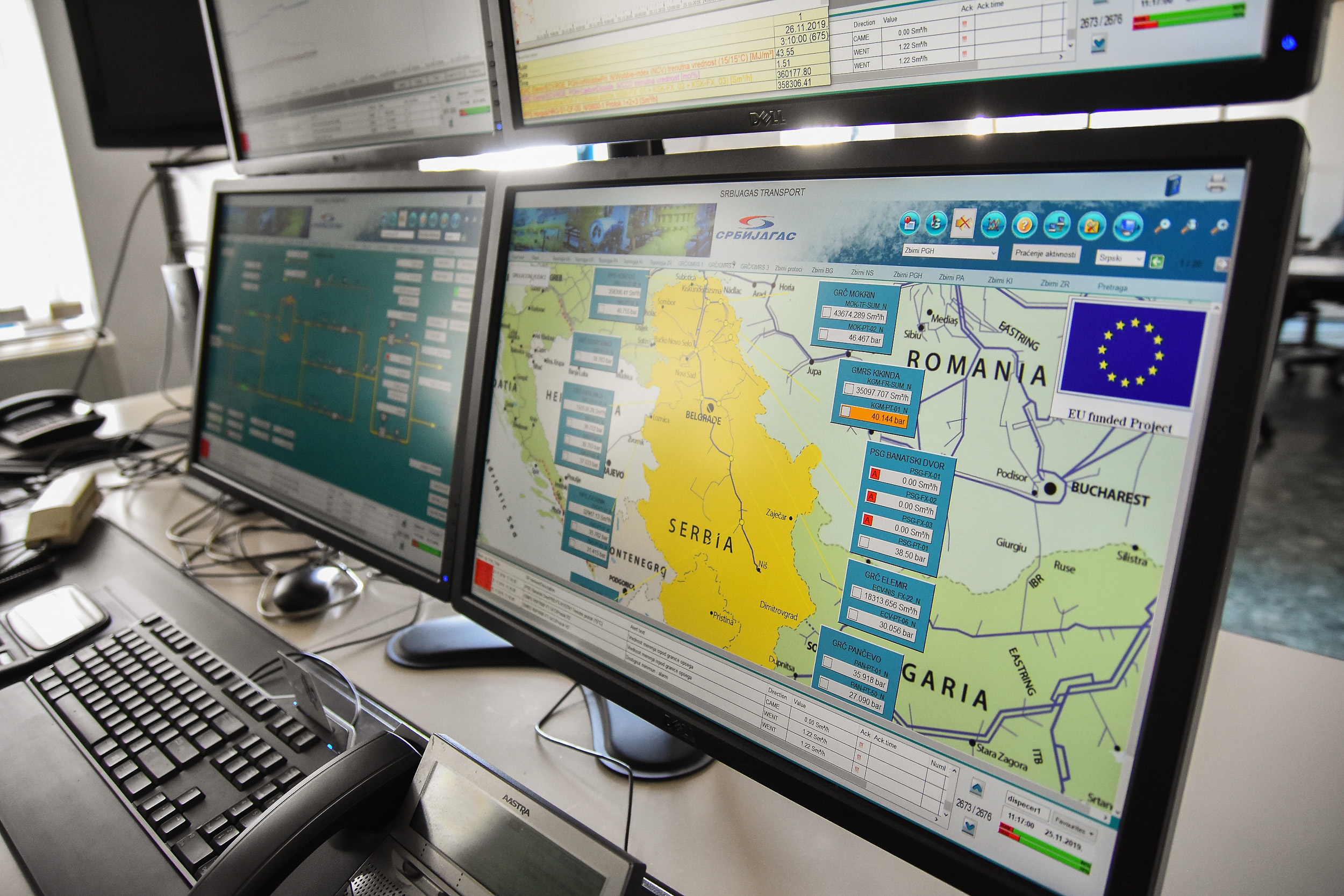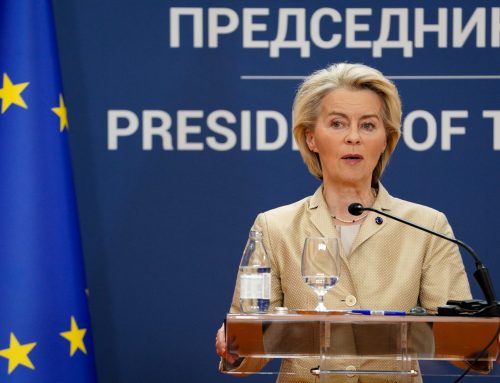With publishing of the works contractor selection tender for the Niš-Dimitrovgrad gas pipeline, The European Union and Serbia are progressing a new big infrastructural project which will significantly increase the amount of gas supply to households in Serbia, thus considerably contributing to energy security and a cleaner environment in Serbia.
New gas interconnector will connect the city of Niš with the Bulgarian capital Sofia. The projected capacity of the gas pipeline will allow for the transfer of 1.8 billion cubic metres of natural gas annually. The EU IPA funds are granted on the Serbian side of the gas pipeline Niš-Sofia with an amount of EUR 49.6 million, money which Serbia does not have to pay back to the EU. In addition, the project will be financed through a loan of the European Investment Bank (EIB), the bank of the EU, with an amount of EUR 25 million.
Beginning of the construction is expected later during the year, after selection of the contractor and the supervision of works. Finalisation of the gas pipeline is planned for the beginning of 2023.
The EU Delegation to Serbia is actively facilitating progress on this priority project in close contact with the Serbian authorities. With its projected capacity the new gas pipeline will provide additional 80% capacity increase relative to Serbia’s current gas needs and largely increase the overall security of natural gas supply. The new Niš-Sofia gas pipeline will boost the diversification of energy sources in Serbia and the Western Balkan region, and reduce dependency on one dominant supplier. This pipeline will also allow easy gas access for citizens and businesses of Bela Palanka, Pirot, and Dimitrovgrad – three towns that previously have not had access to gas.
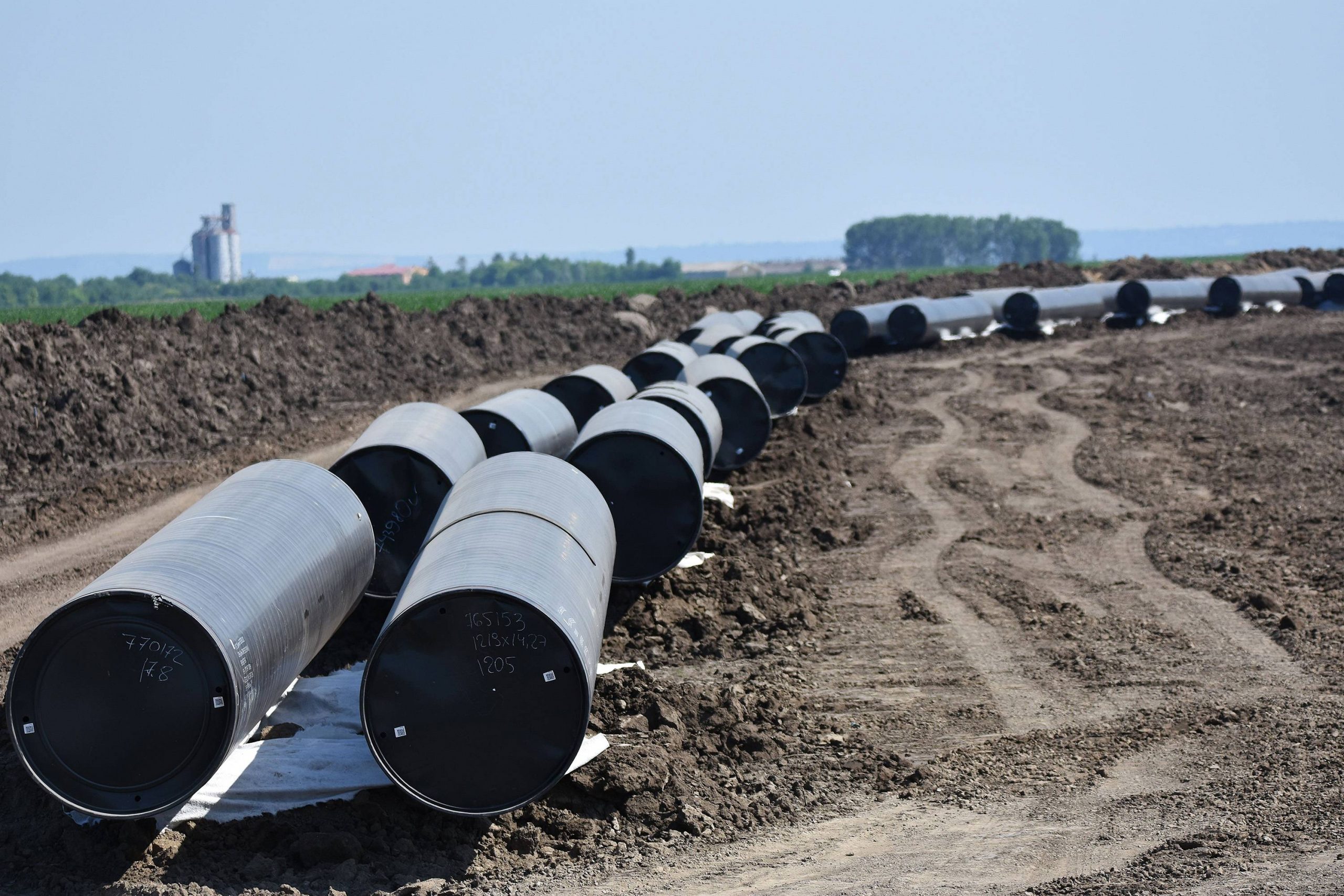
The Head of the EU Delegation to Serbia, Ambassador Sem Fabrizi underlined: “It is of great importance to accelerate energy sector projects which strengthen regional cooperation through connectivity. The EU is committed to help Serbia in diversify its energy sources and pursue a healthier environment. A natural gas connector between Serbia and Bulgaria will achieve both these objectives and will directly benefit the citizens, also creating new market opportunities and economic growth.”
Deputy Prime Minister of the Republic of Serbia and Minister of Mining and Energy, Prof. Dr Zorana Mihajlović stated that the gas interconnection Niš-Dimitrovgrad is very important project which will secure diversification not only of gas routes but will enable diversification of suppliers, which will contribute to greater energy security for Serbia and the region as well. “Construction of Serbia-Bulgaria gas interconnection will create possibility for Serbia to get access to natural gas supply from LNG terminal in Greece, and also from TAP and TANAP gas pipelines which are part of the South gas corridor, which transports gas from Caspian and Middle east region. Thanks to the connection of these above mentioned existing and planned gas pipelines after the completion of East Mediterranean (EastMed) project supply from coastal gas reserves of Leviatan field, that is Ciprus and Isral, will be possible”, stated Mihajlović.
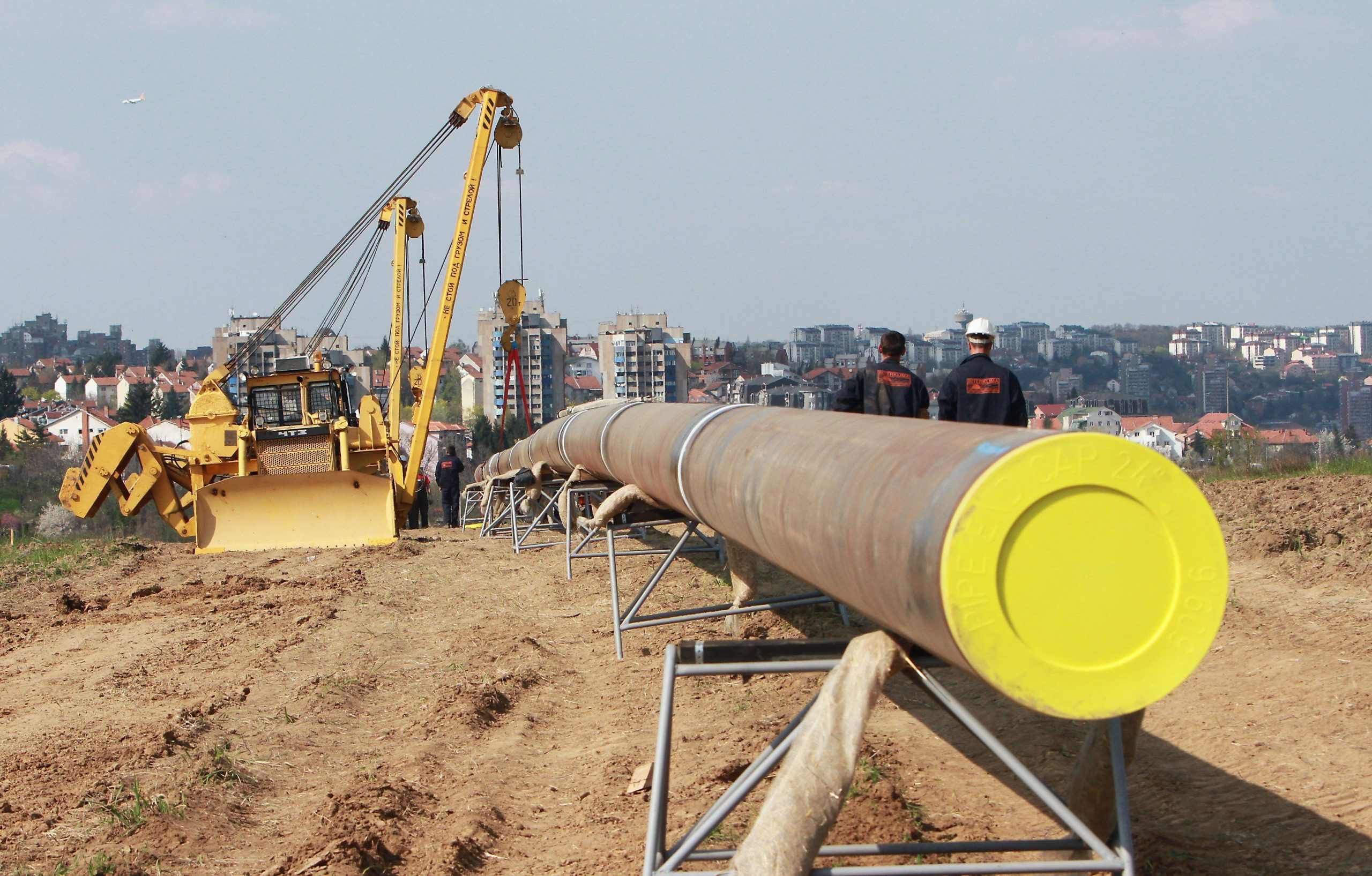
At around 65%, Serbia is the country with a high share of consumption of low-calorie coal – lignite in power production. This contributes significantly to heavy air pollution around urban centres. Due to a considerably smaller environmental pollution and greater flexibility in terms of power production, natural gas comes in as optional transitional fossil fuel. Transition to natural gas would also allow towns and municipalities in Serbia with developed district heating systems to construct high-efficiency, small-scale combined heating and power generating systems.
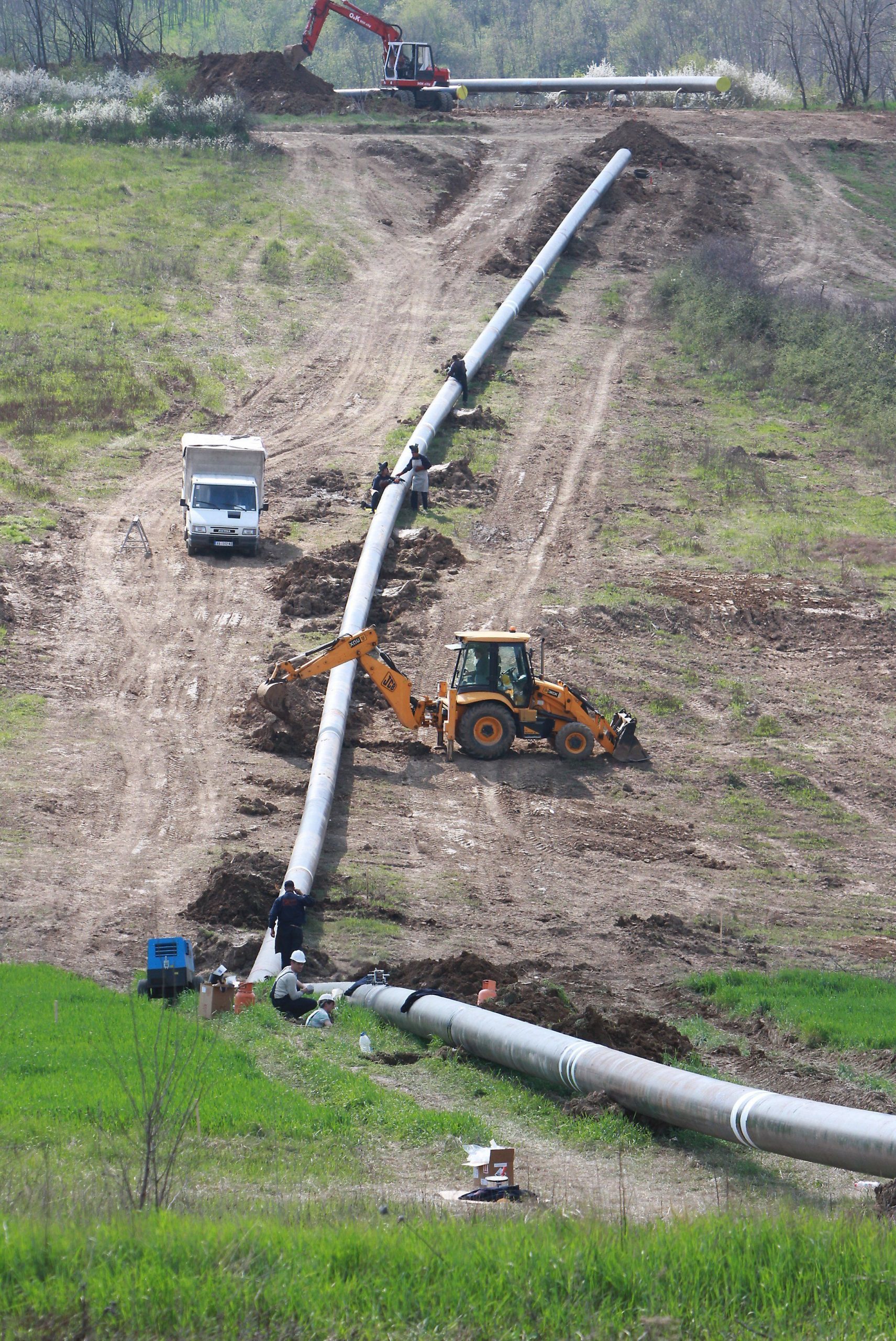
The project forms part of the EU’s Projects of Common Interest and is a priority in the context of the Central and South Eastern Europe Energy Connectivity High Level Group (CESEC).

